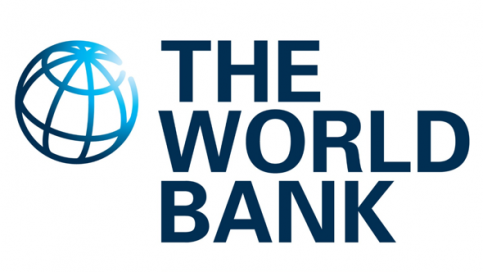Developing economies in Asia-Pacific, including Malaysia, could face slower growth in 2012 as Europe’s debt problems and weaker trade drag down global growth, the World Bank said.
The Washington-based lender’s Global Economic Prospects report on the ‘Uncertainties and Vulnerabilities of 2012’ said the economic health of the eurozone – which it expects to contract by 0.3 percent this year – represented the “strongest risk” for most of the countries in the Asia-Pacific.
“If the situation in Europe deteriorates sharply, global trade could fall by 5 or more per cent with serious implications for the very open East Asia region,” it said.
The report pointed out that commodity exporters in the region could face revenue losses with weakening global demand for oil and raw materials.
It said vulnerabilities would be “more acute” for countries with large shares of short term and maturing debt or current account deficits.
The report also said that Malaysia, along with China, Indonesia and Thailand, could be exposed to possible market disruptions, exchange rate volatility and external financing pressures as international capital flows slow.
Now for the good news.
The report said that, despite the global slowdown, growth in the East Asia and Pacific region will remain fairly robust due to “strong domestic demand, substantial fiscal space for policy interventions, downside flexibility in policy interest rates, and significant reserve levels.”
In fact, the World Bank said that growing domestic demand in the Asean-4 countries (Malaysia, Indonesia, Philippines and Thailand) would help their economies offset the effects of the global turmoil.
Malaysia’s central bank has left overnight rates unchanged to shield the economy from the continuing debt crisis in Europe.
The World Bank projected that the Malaysian economy would grow 4.9 percent in 2012 and 5.3 percent in 2013. This comes as welcome relief after Standard Chartered’s recent pessimistic projection of 2.7 percent growth in 2012.
The government is confident that the country’s economy will expand by at least 5 percent this year, with its ambitious Economic Transformation Programme (ETP) promoting meritocracy and a more competitive market.
The World Bank also said, in its Malaysia Economic Monitor released last November, that Malaysia’s ease of doing business had improved and the 2012 budget contained new initiatives for liberalising services sectors.
It called for the acceleration of certain Strategic Reform Initiatives – policy measures that help create an enabling environment for private investments. It also supported domestic measures, such as investing in smarter cities.
These investments could help Malaysia achieve high-income status, according to the World Bank. The 10th Malaysia Plan, which outlines the country’s push towards becoming a high-income economy by 2020, already recognises the importance of cities to economic growth.
The latest World Bank report has many lessons for countries in South-east Asia, including Malaysia. The government is keenly aware that global headwinds will inevitably touch our economy, but the measures it has taken, along with buoyant domestic demand, could help our economy chart its route to safer waters, and continue growing despite the slowdown in the West.

